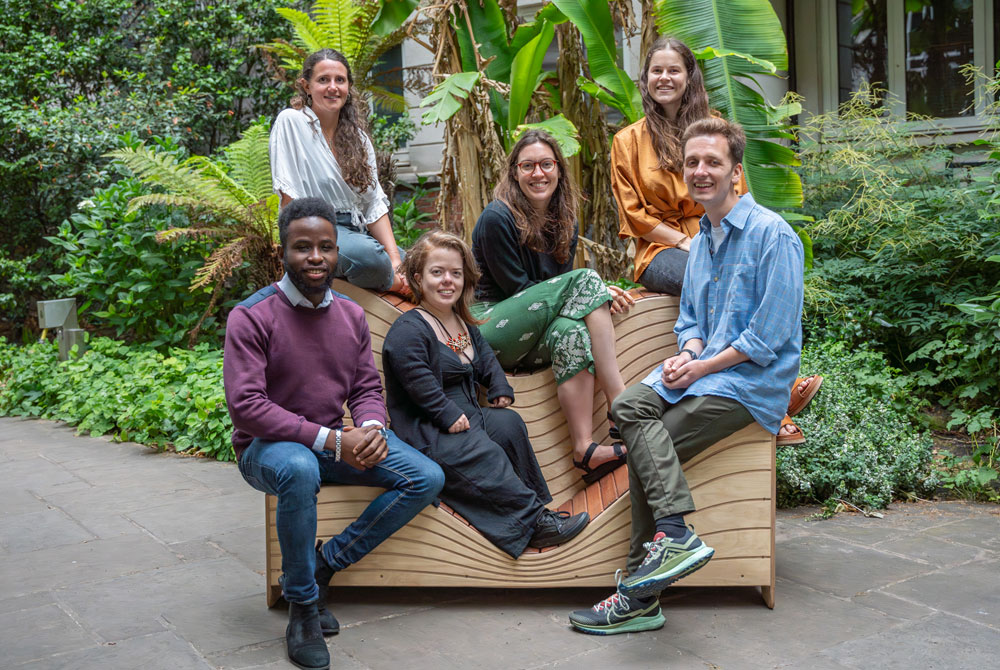Award category:
Roseanne is motivated to challenge the construction industry’s perception on accessibility, social and environmental awareness. She joined Re-Fabricate in hopes to encourage young professionals to collaborate and develop skills on material waste management across different built environment professions and fast forward their development in sustainable business in practice. At MACE Roseanne volunteers for Educational outreach programs and is part of the Safe and Inclusive spaces network group.
She shines a spotlight on Seats at the Table, a six-month programme by Re-Fabricate and The DisOrdinary Architecture Project challenging conventional public realm design by exploring alternative ways of working to create accessible public spaces. Commissioned by the London Festival of Architecture and co-funded by the Foundation for Future London and the City of London corporation the project looked at activating public spaces in the City of London Smithfield Area.
The project aimed to redefine what counts as waste: whether through the over-extraction and misuse of resources, or in the assumptions that certain kinds of bodies and minds are less valuable to the economy and society. It asked how different materials, practices, places and people are valued and devalued, unravelling what becomes admired and what is disposable.
To explore this the project engaged diverse communities, based on two approaches; starting from difference, that is through experiential workshops that began from with participants’ rich bio-and neuro-diversity and multiple lived experiences, to map and interact with the built environment in innovative ways; and creating change, that is, using hands-on co-design methods to enable participants to directly create accessible installations and interventions out of waste, offering examples of the circular economy, retrofit and sustainable design.
By reaching out to both diverse disabled professionals and to SEND students, we made sure that non-normative groups were well represented. Each co-designed chair, undertaken through schools workshops, focused on the playful celebration of different access needs; which in turn supported both diverse participants during the Festival and passers-by. In addition, the four site improvement initiatives – covering access information, resting spaces, sensory additions and audio-description – offered enjoyable and engaging spaces to the many members of the public who use Postman Park everyday.
Moving forward we intend to work with The City of London to implement parts of the accessible interventions permanently.

Disability Power 100 profile information is self-submitted by the profile subject. Shaw Trust understands and respects that disability and impairment descriptors and language use varies from person to person. Shaw Trust assumes no responsibility or liability for any errors or discrepancies in the content of this, or any other, profile page.